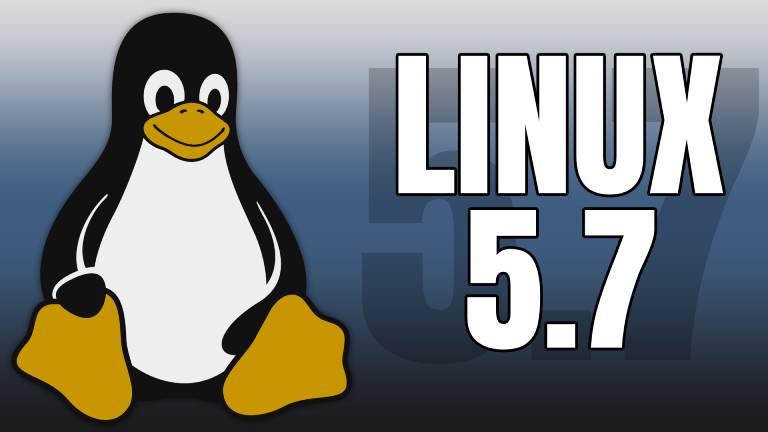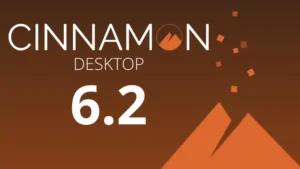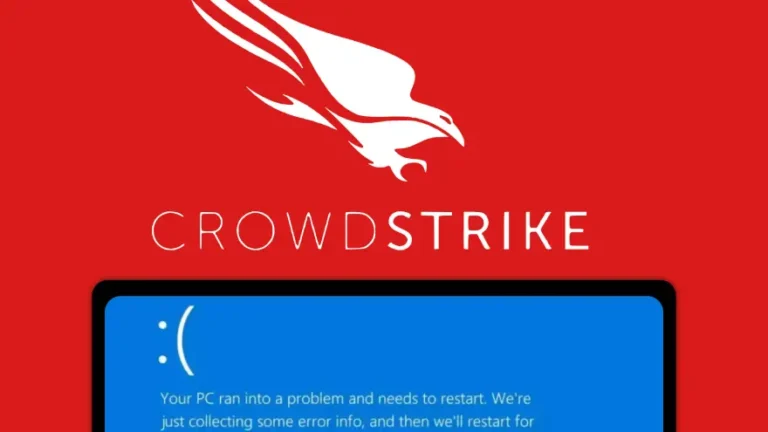Well, it’s another month and with it another upgrade to the Linux kernel, this time version 5.7. This upgrade has a significant amount of updates, additions, and fixes included and is way too extensive for full coverage in this format. Therefore, I will try to sum up the features that I find to be most exciting in the latest release.
First and foremost, the most talked about feature of 5.7 is the addition of a new exFAT driver from Samsung. Previously, there was support for read and write operations added for exFAT by Microsoft in kernel version 5.4, however, that has been dropped in favor of this more efficient driver. exFAT is an extremely important filesystem from Microsoft as it is not only used in their own products, but many other devices as well.
Moreover, kernel 5.7 introduces native support for several PINE64 devices due to additional drivers for the RockChip RK3300 SoC and AllWinner A64 that function within the PineBook Pro, PinePhone, and PineTab. This is huge for the community-focused Linux hardware company and should allow them to iterate even faster on their design from here on out.
In addition, the task scheduler of the kernel now includes thermal pressure checking. This makes the task scheduler more aware of CPU frequency capping, which will undoubtedly lead to more efficient task placement in an overheated CPU. This will increase performance in that particular state significantly. All great news!
Another important feature involves adding detection for “split locks”, which can be quite pesky on the x86_64 architecture due to their occupation of the memory bus for approximately 1,000 CPU clock cycles. Therefore, the Linux kernel team have decided to implement a new detection feature in order to eliminate split lock operations wherever possible and send warnings to applications that utilize the process. The elimination of the split lock process should increase performance across all cores on a Linux system.
As with all major kernel updates, 5.7 introduces support for a range of hardware devices including Intel Tiger Lake and AMD Ryzen 400 “Renoir” graphics cards, Qualcomm Snapdragon 865, NXP i.MX8M Plus, Mediatek MT8516 SoC, and the Logitech G11 keyboard. Moreover, support for Apple’s USB Fast Charge was implemented into the mainline kernel as well.
This is quite a massive release and there are a ton more bug fixes, feature additions, and support added in version 5.7. However, it appears that Linus himself believes the next release, kernel version 5.8, may be one of the most important of all time. I guess time will tell, I’m just happy that the kernel team continues chugging along and bringing great features, bug fixes, and general improvements on a continuous basis!
If you would like a more friendly overview of the changes in the latest kernel release, you can find them here. It will likely take a while for 5.7 to drop into different distributions, however, if you want to try it out as quick as possible, Arch Linux will likely have it integrated in no time.

This article is an excerpt from Issue 20 of Linux++
You can read the full issue by going here.










Be the first to comment at forum.tuxdigital.com